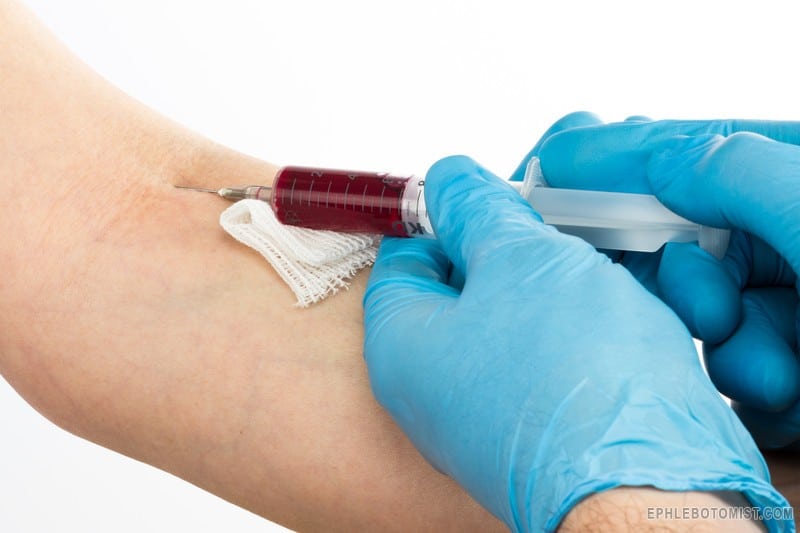How Much Do Phlebotomy Courses Cost? Ultimate Guide to Pricing & FAQs
Starting a career in healthcare as a phlebotomist can be both rewarding and financially accessible.One of the most common questions aspiring students ask is, “How much do phlebotomy courses cost?” Whether you’re considering a quick certification or a comprehensive program, understanding the pricing structure, factors influencing costs, and available options is crucial for making an informed decision. This ultimate guide provides an in-depth look into the financial aspect of phlebotomy training, helping you plan your career path confidently.
Understanding the Cost of Phlebotomy Courses
Phlebotomy courses vary widely in price depending on several factors such as location, program type, intensity, and the institution offering the training. On average, prospective students should expect to pay anywhere from $700 to $3,000 for their certification training.
Average Cost Range for Phlebotomy Training
| Type of Program | Estimated Cost |
|---|---|
| Community College & Technical Schools | $800 – $2,000 |
| Private vocational Schools | $1,000 – $2,500 |
| Online Courses | $700 – $1,500 |
| Employer-sponsored Training | Varies – often free or minimal fee |
Factors That Influence Phlebotomy Course Pricing
Several elements determine the overall cost of phlebotomy training programs.Being aware of these factors can definitely help you evaluate programs better and choose the best fit for your budget.
1. Program Length and Depth
- Short-term Certificate Programs (around 40-80 hours)
- Comprehensive Diploma programs (more extensive training)
2. Location and Institution
- Urban vs. Rural Areas
- Community Colleges vs. Private Schools
3.Accreditation and Certification
- Accredited programs tend to be slightly more expensive but offer recognized certification
- Some programs include exam fees in the total cost
4. Practical Experience & Clinical Hours
- In-person labs and clinical rotations may incur additional fees
- Online courses may include virtual simulations but could lack hands-on training
Additional Costs to Consider
Beyond the tuition, there are several ancillary costs to factor into your budget:
- Certification Exam Fees: typically $90 – $150
- Background Checks & Drug Tests: $50 – $100
- Vaccinations & Medical Tests: $100 – $300
- Supplies & Equipment: Some programs provide kits; if not, expect $50 – $150
- CPR Certification: Often required, costing around $50 – $100
Cost Comparison: Types of Phlebotomy Certifications
Being aware of the different certifications available can influence both your training costs and your career prospects. Here’s a quick comparison:
| Certificate Type | Cost Range | Duration | Notes |
|---|---|---|---|
| Certified Phlebotomy Technician (CPT) | $900 - $2,200 | 4-6 weeks | |
| National Certified Phlebotomy Technician (NCPT) | $950 – $2,300 | Varies | |
| Phlebotomy Technician Certification (PBT) | $700 – $1,500 | Online & in-person options |
Practical Tips to Minimize phlebotomy Course Costs
If you’re working within a budget, consider these practical tips:
- Explore community college programs: They often offer quality training at a lower cost.
- Look for scholarships or grants: Some programs provide financial assistance for students.
- Consider online courses: They might potentially be more affordable and flexible, especially if you already have medical experience.
- Employer sponsorship: Check if your employer offers tuition reimbursement or training programs.
- Compare multiple programs: Don’t settle for the first option; compare features and costs.
Benefits of Investing in Certified Phlebotomy Courses
- Enhanced employability in hospitals, clinics, and laboratories
- Higher earning potential with recognized certification
- Better job stability and career advancement opportunities
- Skill mastery that ensures patient safety and quality care
Real-Life Case Studies & First-Hand Experience
Many students have benefited from investing in quality phlebotomy training. As an example, sarah, a recent graduate from a community college, spent $1,200 on her course and certification. She landed a role at a major hospital within two months and now earns a pleasant salary. Her story highlights how smart investment in certification and training can lead to a rewarding healthcare career.
FAQs About Phlebotomy Course Costs
1. Are online phlebotomy courses cheaper than in-person programs?
Generally, yes. Online courses often have lower tuition fees because they eliminate costs associated with facilities and physical materials. However, ensure the program provides adequate hands-on training via local clinics or labs.
2. Can I get financial aid for phlebotomy training?
Yes. Many community colleges and technical schools offer financial aid, scholarships, or grants.Additionally, some employers sponsor training for qualified candidates.
3. How long does it typically take to complete a phlebotomy course?
Most certification programs take between 4 and 12 weeks, depending on the intensity and schedule. Part-time and online options may extend this timeline but offer greater versatility.
4. Is investing in a more expensive program worth it?
While more costly programs frequently enough include extensive hands-on training and higher certification recognition, it’s essential to evaluate your career goals, budget, and program accreditation before making a decision.
Conclusion
Understanding the cost of phlebotomy courses is a vital step in your journey toward a healthcare career. While prices vary based on several factors, careful research and strategic planning can definitely help you find a cost-effective program that meets your needs. Remember, investing in quality training and certification can substantially enhance your employment prospects and earning potential. Whether you choose online courses, community college programs, or employer-sponsored training, the key is to select an accredited program that prepares you to excel as a professional phlebotomist. Start planning today and take the first step toward a fulfilling healthcare career!
